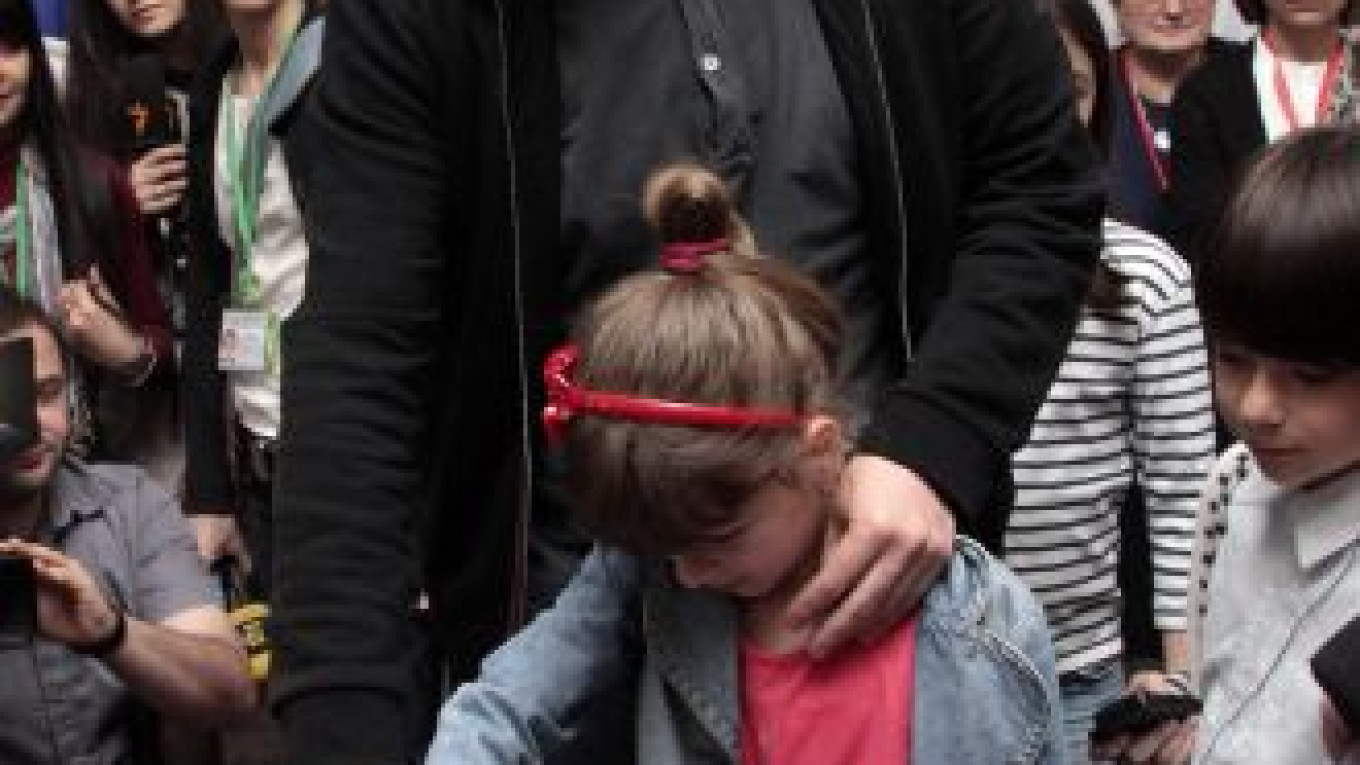TBILISI, Georgia — Georgian President Mikheil Saakashvili’s party headed for victory on Monday in municipal polls, but foreign monitors pointed to “significant shortcomings” in the first electoral test since he led the country to defeat in the 2008 war with Russia.
The tally from Sunday’s elections showed that opposition parties whose leaders have held exploratory talks with Prime Minister Vladimir Putin since the humiliating five-day war in August 2008 did not win solid support.
But the boost for Saakashvili, who weathered protests last year and is due to remain in power until 2013, was dented by the assessment of observers from Europe’s main vote-monitoring organization.
“Yesterday’s municipal elections in Georgia marked evident progress toward meeting international standards, but significant shortcomings remain to be addressed,” a team from the Organization for Security and Cooperation in Europe’s election watchdog said in a statement.
With returns from more than 51 percent of the precincts counted in a slew of local elections, Saakashvili’s ruling United National Movement had 62.8 percent of the vote, the Central Election Commission said.
Saakashvili already celebrated after exit poll results late Sunday gave the United National Movement about 60 percent of the vote.
“The final result of today is that democracy has won in Georgia,” Saakashvili told supporters at his party headquarters.
In the capital, Tbilisi, where 99 percent of the precincts were counted, incumbent ruling party Mayor Gigi Ugulava was headed for re-election with 55.2 percent of the vote, the election commission said on its web site.
Irakly Alasania, an opposition leader who challenged Ugulava for Tbilisi mayor, said he did not trust the exit poll results. Alasania was second in the mayoral race with just under 20 percent, the Central Election Commission said.
The first-ever direct vote for mayor in Tbilisi, home to more than a quarter of Georgia’s 4.5 million people, was seen as an early test for potential successors to Saakashvili, who is due to step down in 2013 after a decade in power.
OSCE monitors said the elections presented a “mixed picture” with serious progress in comparison with the previous polls in Georgia, but also with irregularities like ballot box stuffing and procedural violations during the vote count.
“I would warn against questioning the legitimacy of the whole electoral process based on these shortcomings,” said Peter Semneby, the European Union’s special representative for the South Caucasus.
Opposition parties said the elections were tarnished by problems with voter lists, pressure on observers and illegal campaigning by the ruling party. The election commission said no major irregularities had been registered.
“We will pressure the government from the street,” Zviad Dzidziguri, an opposition leader and a mayoral candidate, told a news conference.
Some opposition leaders have called for closer ties with Moscow, which imposed an embargo on Georgian wine and mineral water, cut transport links in 2006 and recognized Georgia’s breakaway Abkhazia and South Ossetia regions as independent states after the war.
But an opposition alliance led by politicians including former Prime Minister Zurab Nogaideli, who has met with Putin recently, had 7 percent to 8 percent of the vote, the election commission said.
A Message from The Moscow Times:
Dear readers,
We are facing unprecedented challenges. Russia's Prosecutor General's Office has designated The Moscow Times as an "undesirable" organization, criminalizing our work and putting our staff at risk of prosecution. This follows our earlier unjust labeling as a "foreign agent."
These actions are direct attempts to silence independent journalism in Russia. The authorities claim our work "discredits the decisions of the Russian leadership." We see things differently: we strive to provide accurate, unbiased reporting on Russia.
We, the journalists of The Moscow Times, refuse to be silenced. But to continue our work, we need your help.
Your support, no matter how small, makes a world of difference. If you can, please support us monthly starting from just $2. It's quick to set up, and every contribution makes a significant impact.
By supporting The Moscow Times, you're defending open, independent journalism in the face of repression. Thank you for standing with us.
Remind me later.


